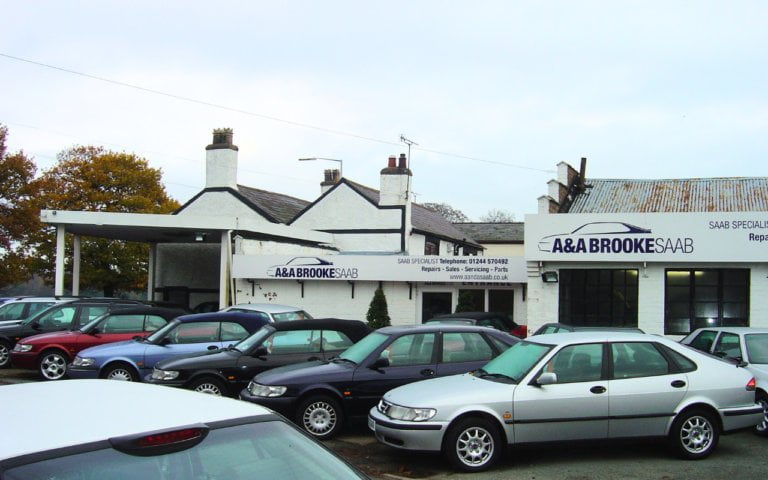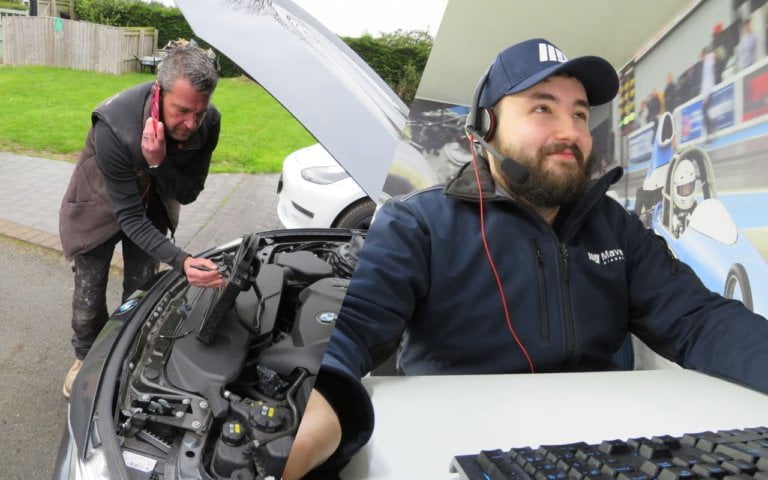As service providers, it’s crucial for workshops and garages to understand how to charge for diagnostics effectively.
Understanding How to Charge for Diagnostics
The process of identifying and troubleshooting vehicle issues requires considerable time, expertise, and specialised resources. It’s critical, therefore, to understand the true value of these diagnostics services and to charge accordingly, creating a fair and sustainable pricing structure.
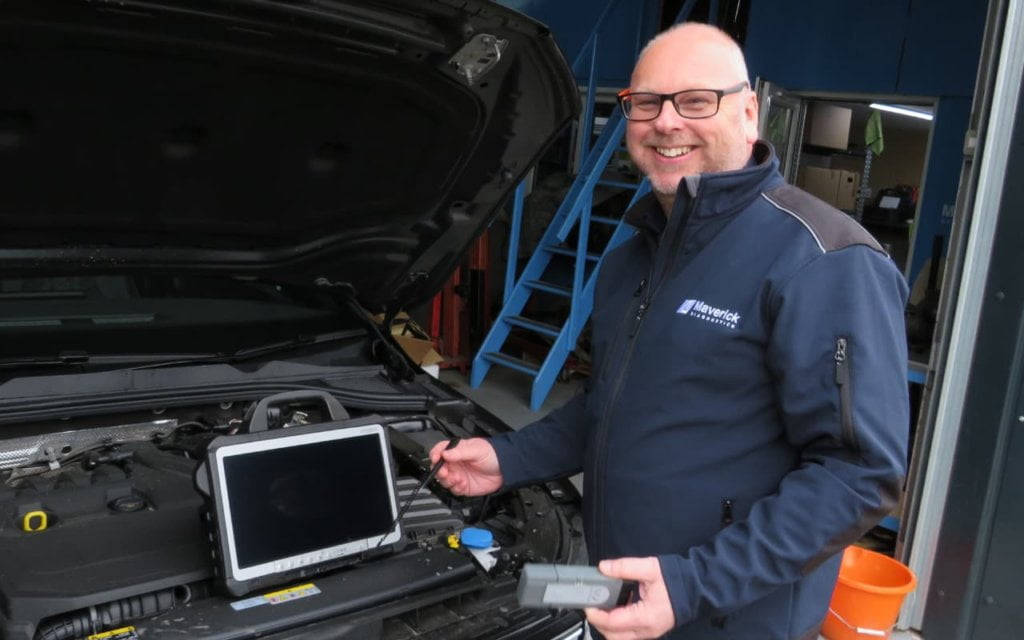
Factors Influencing Diagnostics Pricing
Pricing for diagnostic services isn’t as straightforward as one might think. Various factors come into play, such as the complexity and severity of the vehicle issue, the equipment and technology utilised, the level of expertise required to identify the problem, and the competitive landscape of your local market. Additionally, variables like the vehicle type, its age, and manufacturer’s specifications can also contribute to the pricing structure.
Rates for Diagnostics vs Repairs
To maintain transparency with your customers and prevent any confusion, it is essential to differentiate between diagnostic rates and repair rates. Given the specialised knowledge and tools required, consider charging more for diagnostics than for the actual repairs. Ensure these separate charges are always distinct on any quotes provided.
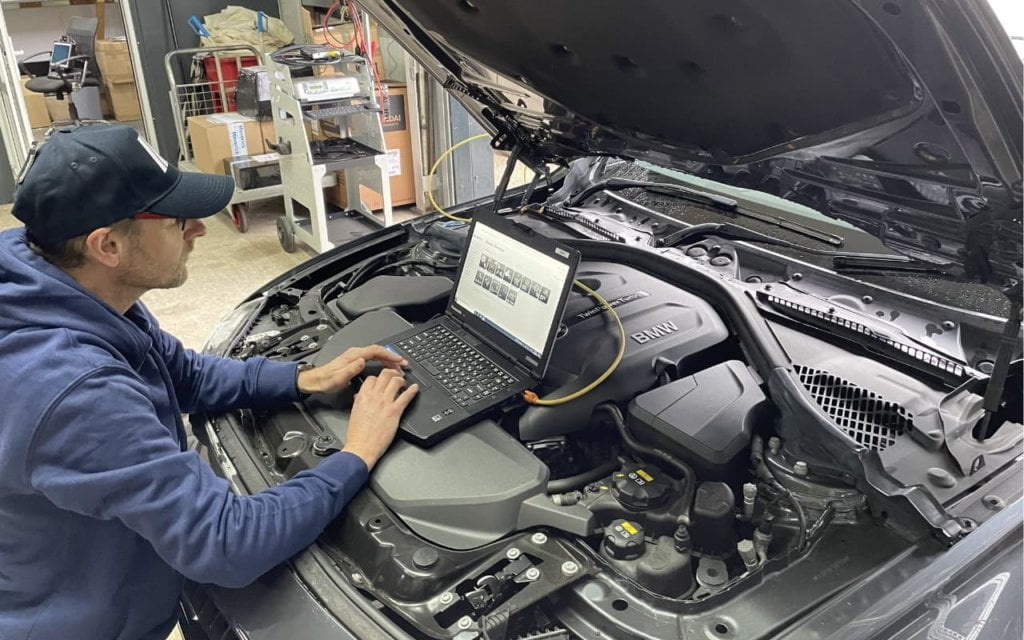
Charging a Flat Fee or Hourly Rate
The debate of whether to charge a flat fee or an hourly rate for diagnostic services is always a contentious one. A flat fee provides a level of predictability for customers but may fall short if the diagnostics prove more challenging than expected. On the other hand, an hourly rate ensures you’re compensated for your time and expertise, but may make estimates less predictable for customers.
Customised Diagnostics Pricing
To address the varied complexities that diagnostics can present, it may be worthwhile to consider a tiered pricing system. This system could include a Level 1 rate for one or two fault codes, a Level 2 rate for up to five fault codes, and a Level 3 rate for more than five fault codes or complex multi-system diagnostics.
Using Technical Support Tools for Efficient Diagnostics
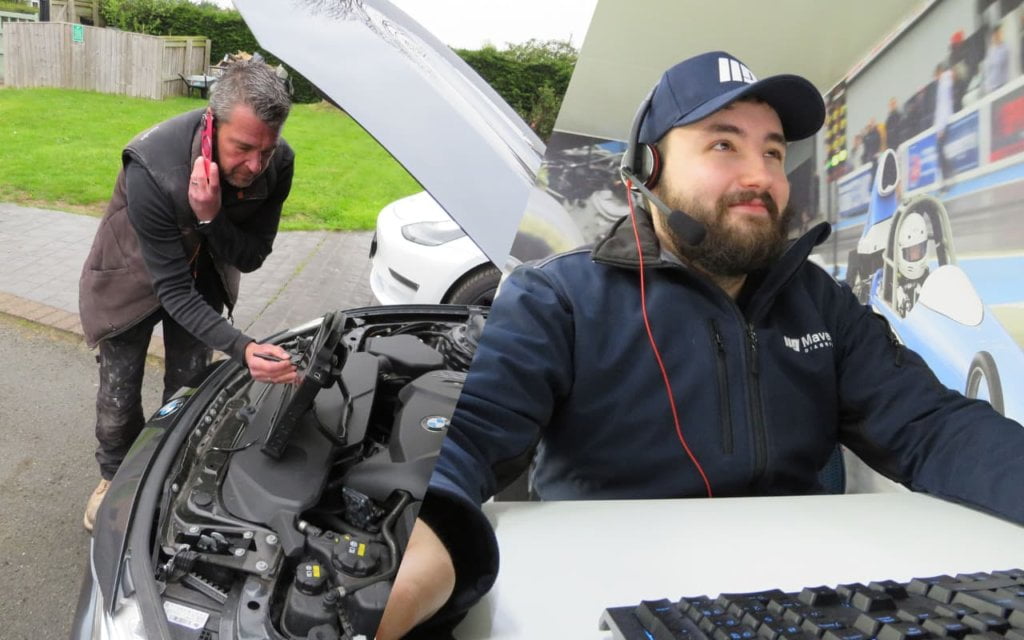
The use of high-quality technical support tools, such as our Vehicle Technical Support service, can significantly reduce diagnostic time and provide more efficient service to your customers. Acting as an additional ‘technician’ in your workshop, these support tools can boost your service delivery and customer satisfaction.
Educating Your Customers
The key to a successful pricing strategy is clear communication with your customers. It’s essential to talk through the diagnostic process, potential charges, and why you charge as you do, upfront. Should the diagnostics take less time than expected, a reduction in fee is always welcomed by customers; however, it’s much harder to adjust the other way around.
Continue the conversation by sharing your insights and experiences by leaving a comment on our LinkedIn post.
